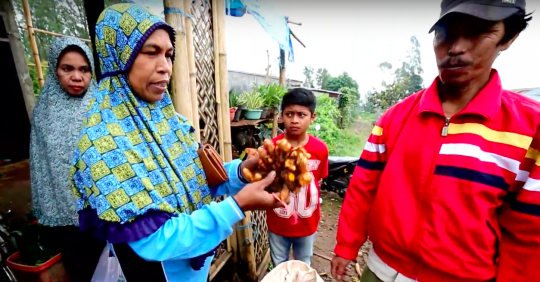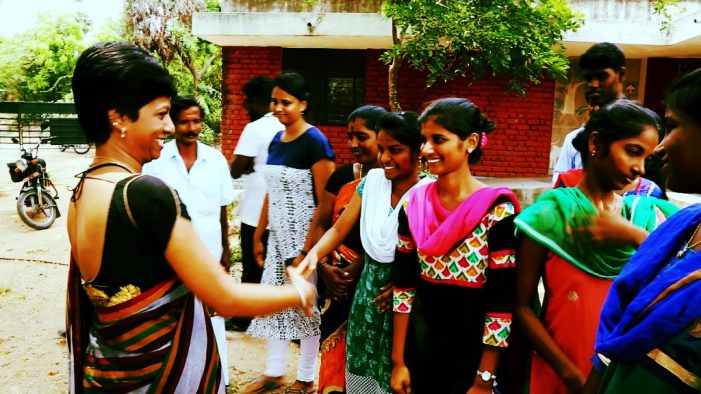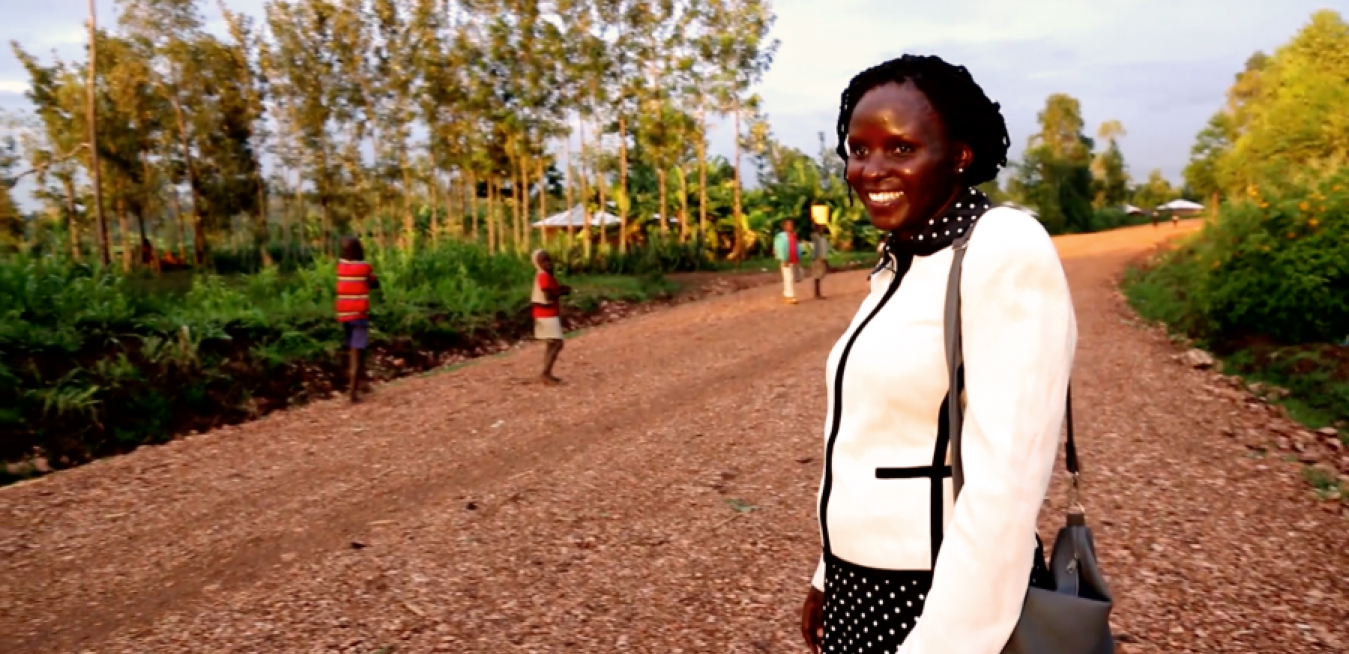On Friday evening, she travels two and a half hours to her husband and two children, Mya, 6, and Ethan, 3, to spend the weekend with them. Working remotely away from her family has been difficult, but Owuor and her husband made the decision so their kids could go to school and she could tend to the women of Lwala. “I love my husband, I love my children, but I also love what I do,” Owuor said.
Owuor’s account and those of two other women with similar stories are shared in “Heroines of Health,” a documentary by Emmy-winning filmmaker Lisa Russell, MPH, and produced by GE Healthcare. Within just two weeks of its online release, more than 2 million people have seen the film.
The film resonates, in part, because it speaks to a huge audience. Some 75 percent of the world’s healthcare workers are women. Although they contribute nearly $3 trillion to global health in labor and services, nearly half of that is unpaid and unrecognized. They play a key role in helping the approximately 5.8 billion people who have limited access to healthcare globally.
Owuor hopes that the documentary will show other women and girls that “no matter how little your contribution may seem, continue doing it as it may be the much needed piece of the puzzle that will save millions of lives.”
Besides Owuor, the documentary also features Rohani Daeng Tene, a volunteer midwife assistant in Tamaona, Indonesia, and Dr. Sharmila Anand of Chennai, India, who founded a social enterprise focused on developing the next generation of healthcare professionals, SEHPL.
All of the women in the film face great obstacles in the pursuit of better health – Rohani, for example, once used bamboo sticks to cut the placentas of babies after delivery. With limited resources and time, Rohani says she’s particularly thankful that her husband “always supports me in helping other people.”
She says of her husband, “Sometimes I ask, ‘Are you angry if I have no time to cook rice or soup for you?’ Or, ‘Do you disagree with what I do?’ ‘No,’ he says.”
 Rohani Daeng Tene is a volunteer midwife assistant in Tamaona, Indonesia, featured in the film. Courtesy: Heroines of Health.
Rohani Daeng Tene is a volunteer midwife assistant in Tamaona, Indonesia, featured in the film. Courtesy: Heroines of Health.In societies where their work is sometimes going against the norm, the three women say their families help them pursue their mission. Owuor’s journey began when her father educated her and her six sisters and brothers equally. “Everybody said he was wasting his money, but today he has proved them all wrong,” she said. “Because he believed in us, I also had to prove that he was right that women are equally capable and can also bring transformative leadership.”
When asked about the best ways to challenge assumptions about women’s roles, Dr. Sharmila said, “It’s an uphill task, and I remind myself each day to make it a little better than yesterday.”
 Dr. Sharmila Anand of Chennai, India, founded a social enterprise focused on developing the next generation of healthcare professionals, SEHPL. Courtesy: Heroines of Health.
Dr. Sharmila Anand of Chennai, India, founded a social enterprise focused on developing the next generation of healthcare professionals, SEHPL. Courtesy: Heroines of Health."I wanted to illustrate through a character-driven film that women face universal challenges when it comes to balancing family and cultural expectations while pursuing their life's purpose,” said filmmaker Lisa Russell, MPH. “It was truly an honor to capture and share the stories of these three amazing women who show that when given the resources and support to fulfill their passion, entire societies flourish."
Owuor said women are often driven to improve the lives of other women and children, because they’ve personally faced similar struggles. “I like the fact that the film captured the challenges women face — not from one perspective — but from three continents, and these challenges are not unique to Africa alone but also in Asia and India,” Owuor said. “This made it solid enough as an issue that needs to be tackled at all levels.”





